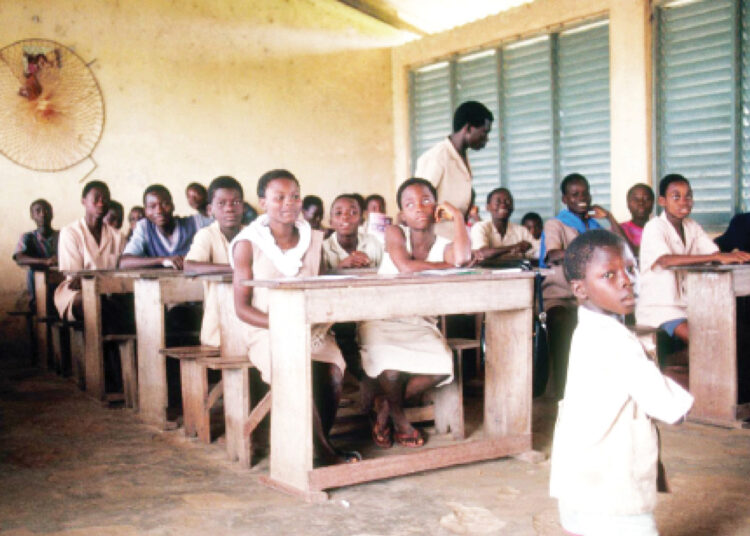As parents, it can be incredibly frustrating when your child struggles academically. The desire to help them succeed can sometimes lead to decisions that are driven by desperation or frustration. One such approach that some parents resort to is physical punishment, often in the form of flogging, hoping it will drive their child to perform better in school. But is flogging really the best solution for a child’s poor academic performance, or does it have unintended consequences?
1. Understanding The Root Cause Of Poor Performance
Before resorting to physical punishment, it’s crucial to understand why your child may be struggling academically. Poor performance can be the result of a variety of factors—ranging from learning disabilities, lack of motivation, emotional stress, or even difficulty understanding the material. Flogging doesn’t address the underlying issues and instead may exacerbate the child’s anxiety or disengagement with learning. Understanding the root cause of your child’s struggles is the first step in finding an appropriate solution.
2. The Psychological Impact Of Physical Punishment
While physical punishment may seem like a quick fix, research has shown that it can have long-lasting psychological effects on children. Flogging can lead to feelings of resentment, fear, and low self-esteem. These emotions can make it even more difficult for a child to concentrate, engage in learning, and build confidence. The relationship between parent and child may also suffer, leading to a breakdown in communication, which is essential for academic growth.
3. Loss Of Motivation
One of the biggest risks of using flogging as a disciplinary tool is that it can lead to a decrease in motivation. When a child is punished for poor academic performance, they may become more focused on avoiding punishment than on improving their academic skills. This fear-based approach can create a cycle of stress and anxiety, which actually hampers their ability to learn. Positive reinforcement, on the other hand, can motivate a child to work harder and take pride in their achievements.
4. Fostering A Positive Learning Environment
A positive learning environment is key to academic success. This includes both at home and at school. When parents show support, encouragement, and patience, children are more likely to feel safe and motivated to learn. Flogging undermines this environment by creating fear and tension, which makes it harder for children to focus and perform well. Instead of punishment, consider ways to create a supportive and enriching atmosphere that fosters curiosity, creativity, and academic engagement.
5. The Role Of Communication
Effective communication is vital in addressing academic struggles. Flogging may prevent open dialogue between you and your child, as they may become too afraid to speak honestly about their difficulties. A better approach is to engage in constructive conversations where you listen to their concerns, struggles, and fears. This will help you better understand the obstacles they face and work together to find practical solutions, whether that’s additional support in certain subjects or addressing emotional challenges.
6. Alternative Discipline Methods
Rather than resorting to flogging, there are many alternative disciplinary methods that can be more effective in encouraging academic success. Setting clear expectations, creating a structured study schedule, and rewarding achievements can motivate children to perform better. Positive reinforcement, such as praise and small rewards for improvement, can boost a child’s self-confidence and determination to succeed. Also, providing resources like tutoring, extra practice, or even a quiet space for studying can support your child in overcoming academic hurdles.
7. Building Emotional Resilience
One of the most important skills children can develop is emotional resilience—the ability to bounce back from setbacks and challenges. Flogging teaches children to avoid failure at all costs, which doesn’t prepare them for real-life challenges. Instead, helping your child build resilience by encouraging a growth mindset and teaching them that failure is a natural part of learning can be much more beneficial in the long run. Resilient children are more likely to view academic struggles as opportunities to improve, rather than reasons for despair.
8. Seeking Professional Help When Needed
If your child’s academic struggles persist, it may be time to seek professional help. Teachers, tutors, or educational psychologists can assess your child’s learning style and help identify any underlying issues, such as learning disabilities or attention disorders, that may be affecting their performance. Working with professionals can provide tailored strategies to support your child’s learning and growth. It also offers an opportunity to address any emotional or behavioral issues in a safe, supportive environment.
Conclusion
Flogging may seem like a solution to poor academic performance, but it rarely addresses the true causes of a child’s struggles. Instead of turning to physical punishment, parents should focus on understanding their child’s needs, fostering a positive learning environment, and exploring alternative methods of discipline and support. Building open communication, encouraging resilience, and seeking professional help when necessary can all contribute to improving a child’s academic performance in a way that is healthy, supportive, and long-lasting.





